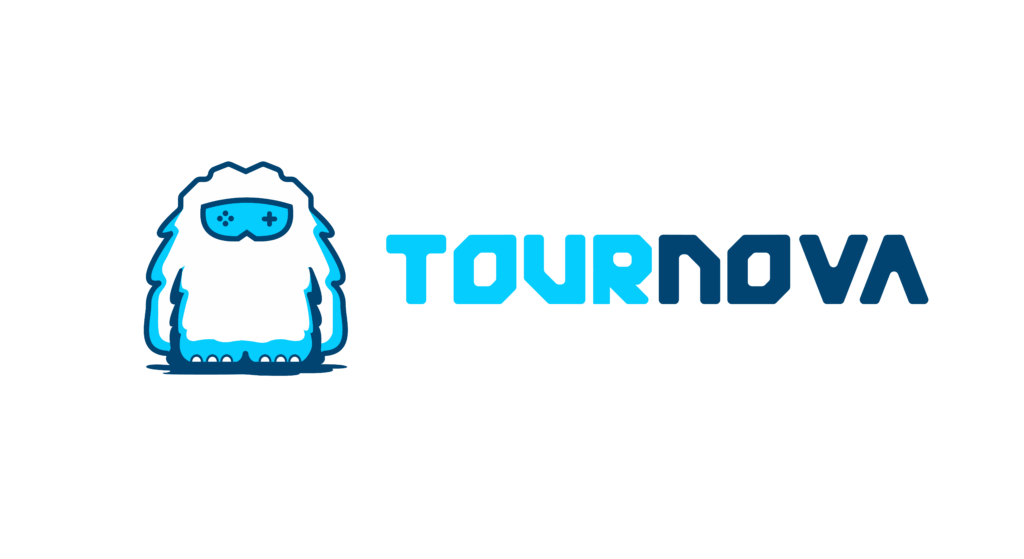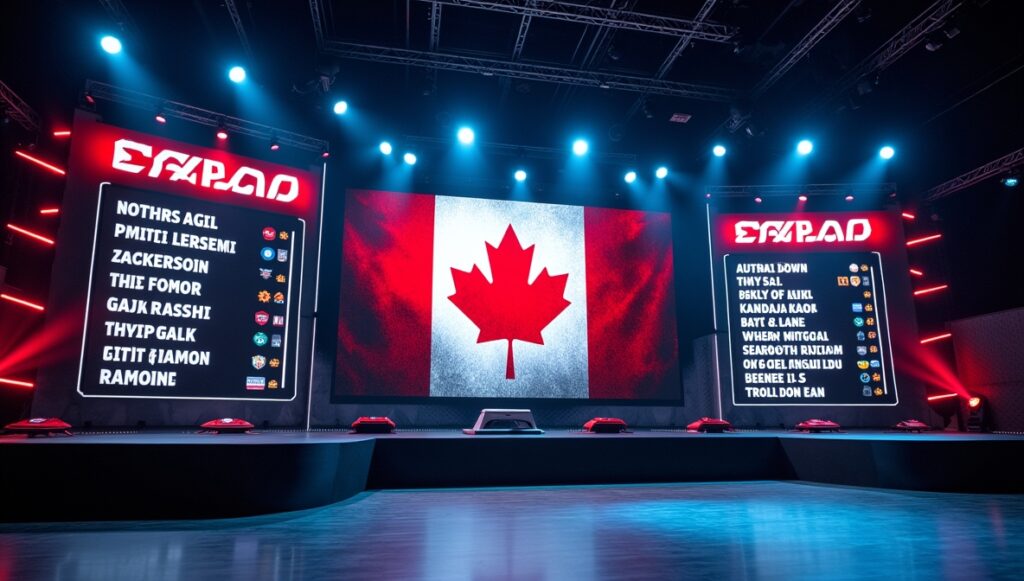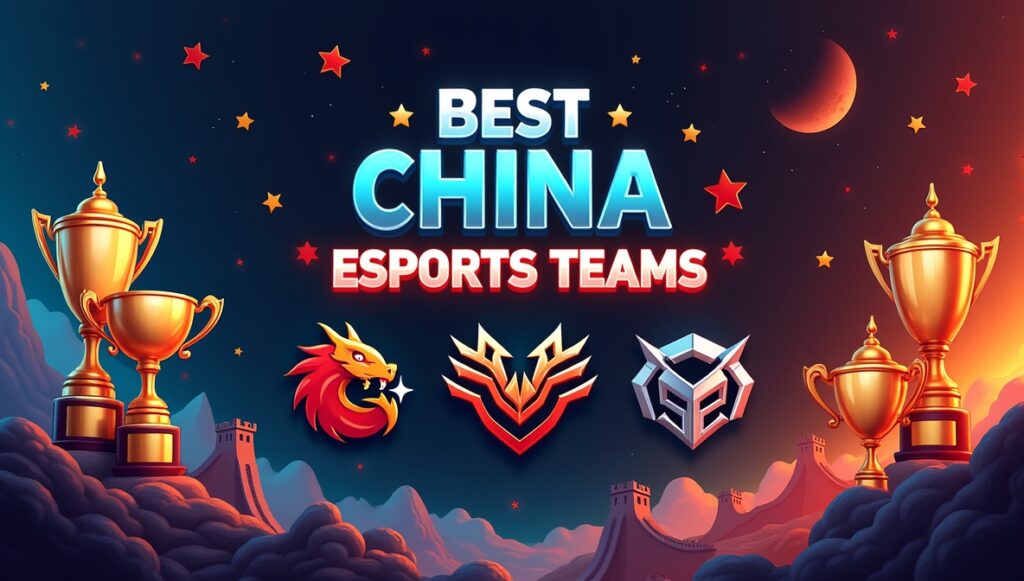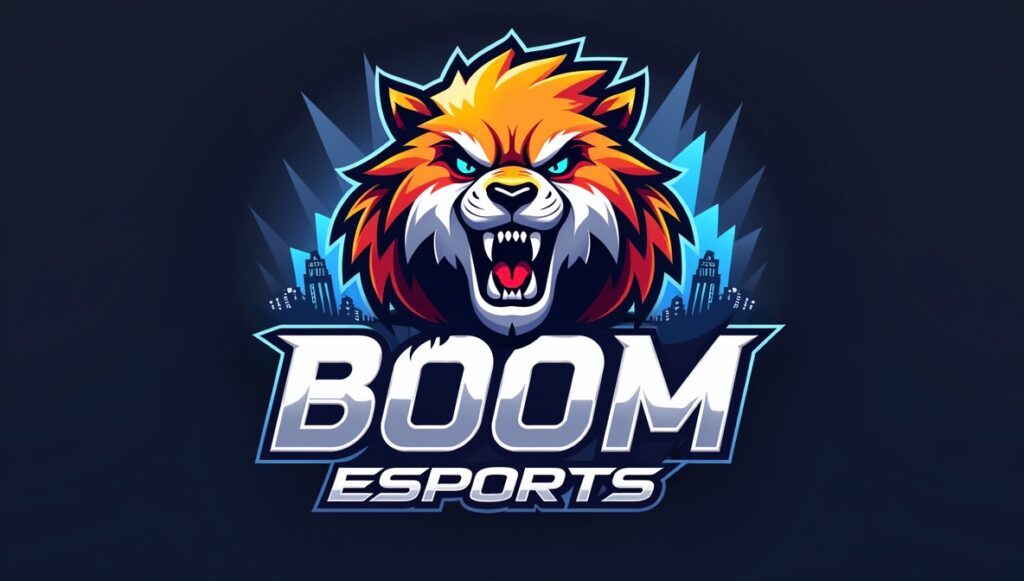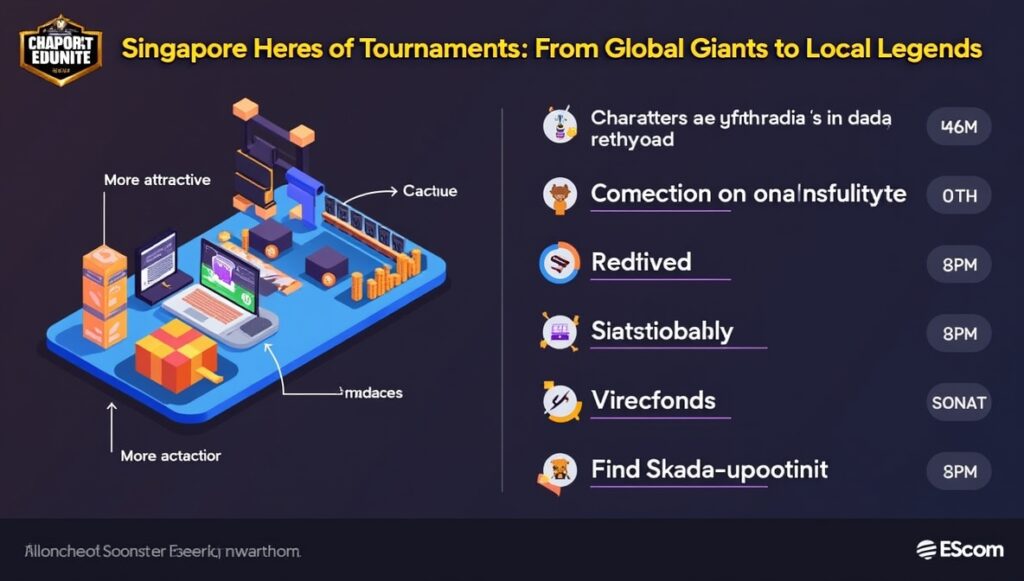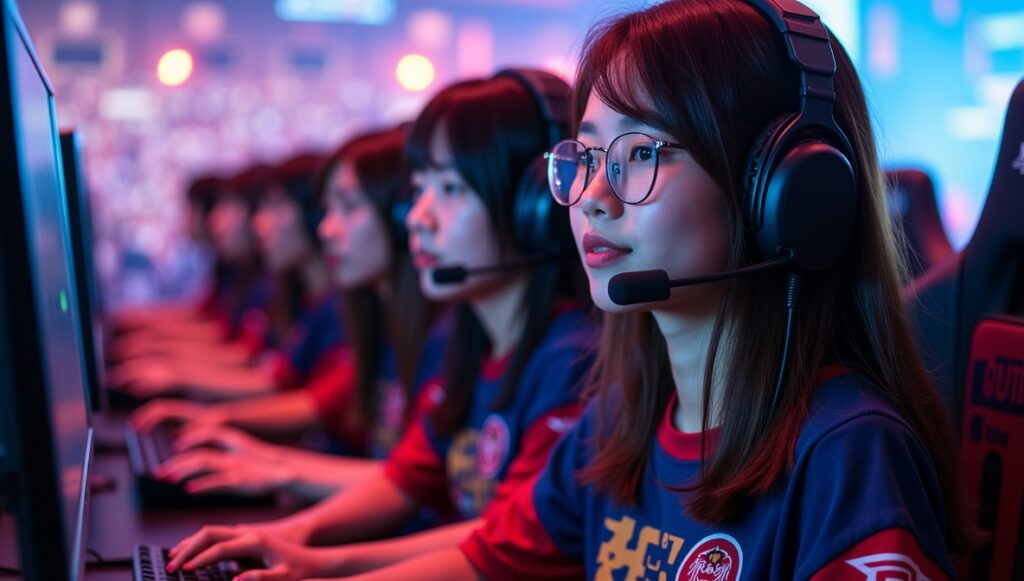Last year, I stood in a sea of fans in Cologne’s LANXESS Arena for the CS:GO Major. Every seat; packed. Flags waving, everyone’s heart pounding with each pixel-perfect headshot. On my phone, Twitch chat scrolled faster than I could read, tens of millions watching worldwide. The room shimmered with the same tension I’d felt watching a Champions League final or NBA Game 7. It made me pause and think about the meaning of esports: what does it truly mean to call something a sport?
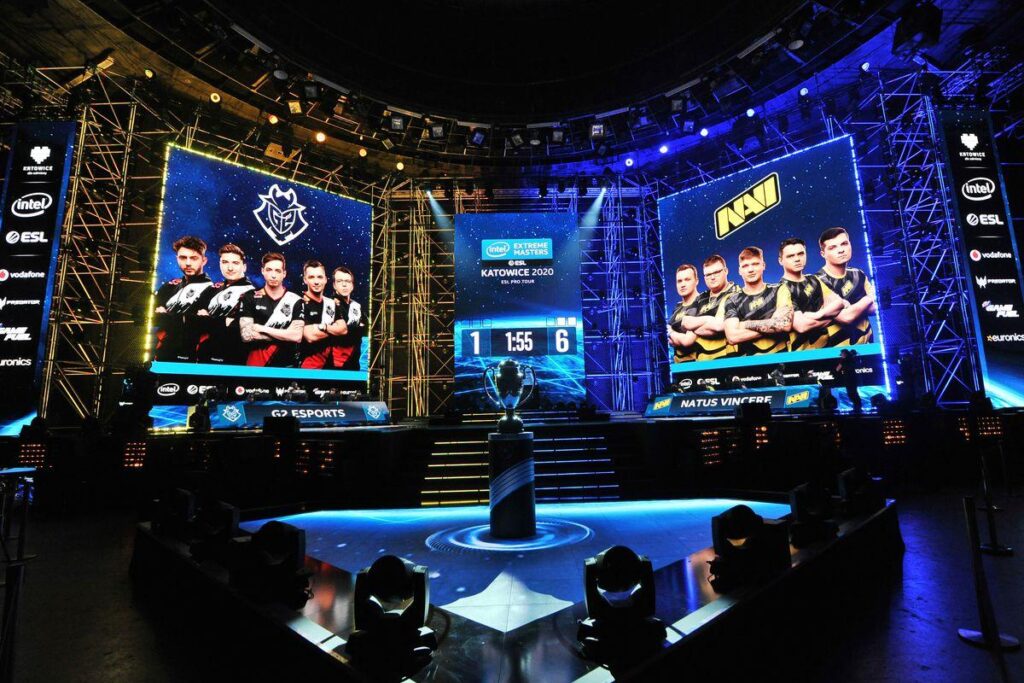
- Esports blends technology, strategy, and entertainment into a fast-growing industry.
1. The Meaning of Esports: Competing for a New Definition
Esports burst onto the global stage in a way few saw coming. Where most imagined sports as fields, balls, and running shoes, esports invited millions into stadiums and digital arenas; a different kind of competition, but competition all the same. So why are so many calling it a “sport,” and how did these digital duels grab such huge audiences?
Big moments; TI’s $40 million Dota 2 finals or a sold-out LCK Grand Final in Seoul; deliver crowd energy that ripples through your bones. They unite spectators in joy and heartbreak. Today, “watching games” isn’t niche; it’s prime-time. This shift begs a new conversation: does esports deserve a place among the giants of sports, or are we redefining the category entirely?
2. Defining Sport: From the Classics to Digital Frontiers
Long before computers, dictionaries, and the International Olympic Committee defined a “sport” as an activity involving physical skill, competition, a clear rule set, and organized play; ideally, watched by others for entertainment. The traditions are rooted in athletics, but crucially, not all classic sports are about brute strength (think: chess, golf, shooting).
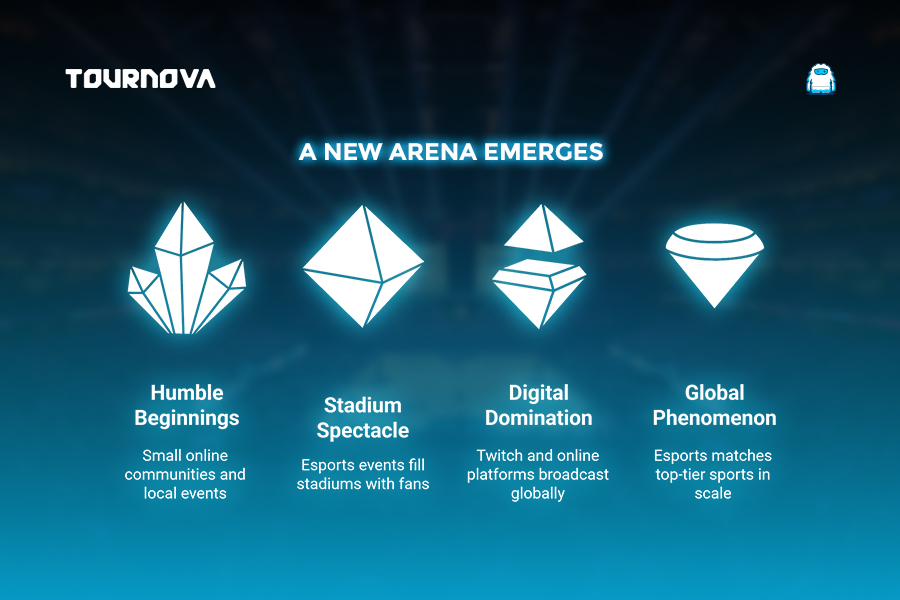
Fast forward to today, and the playing field has changed. The meaning of esports challenges traditional definitions by showing that intense competition, skill, and spectatorship extend beyond physical arenas. Esports checks the boxes:
- Physical skill? Lightning-fast reaction times and precision.
- Competition and rules? Every tournament follows strict guidelines, sometimes with referees right at the desk.
- Entertainment and community? Few things rival the spectacle of Worlds or a Valorant Masters broadcast.
Mapping esports onto the official definitions reveals a surprisingly solid fit. That’s how, in many countries, esports are being folded into the same categories as “traditional” sports; with real stadiums, pro contracts, and massive investment.
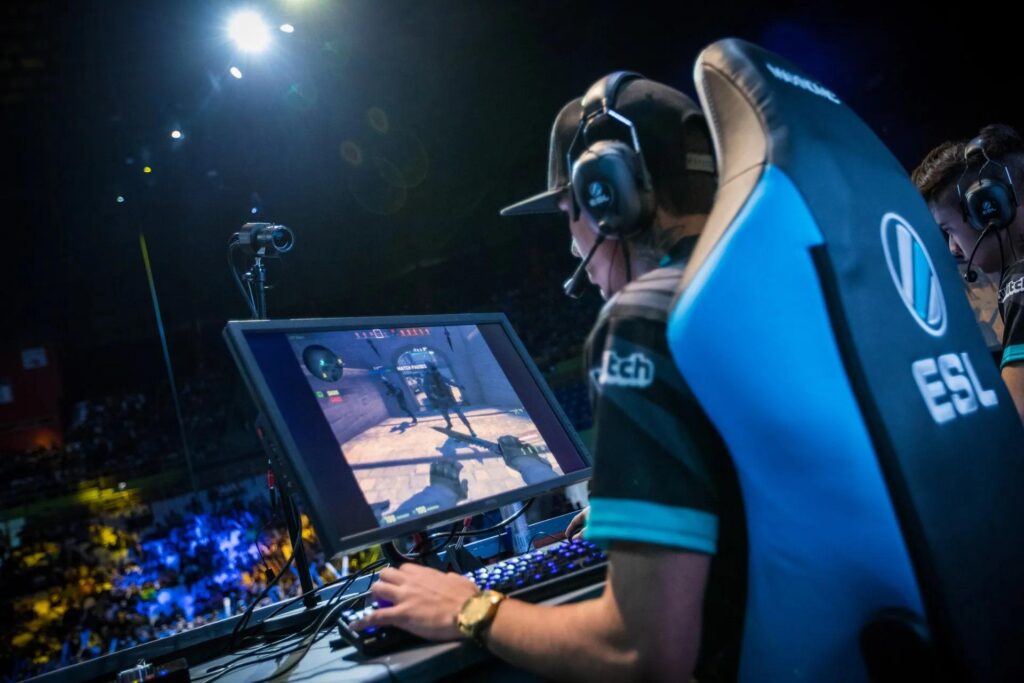
- It proves that peak performance can happen behind a screen, not just on a field.
3. The Physical and Mental Game: Beyond the Stereotype
I’ll admit, I once thought “real” athletes had to sweat through sprints or exhaust themselves on the mat. But one session shadowing a League of Legends pro and I was humbled. These players stretch before matches, track their sleep, use blue-light glasses to fight eye fatigue, and work with fitness trainers to prevent injuries; just like tennis pros or sprinters.
The stats are wild:
- Top StarCraft pros hit 300+ actions per minute (that’s five every second)!
- High-level FPS players make split-second decisions under the same physical stress as elite chess grandmasters in rapid-fire play.
- Heart rates climb above 140 bpm during tournament play; not far from what footballers experience during penalty shootouts.
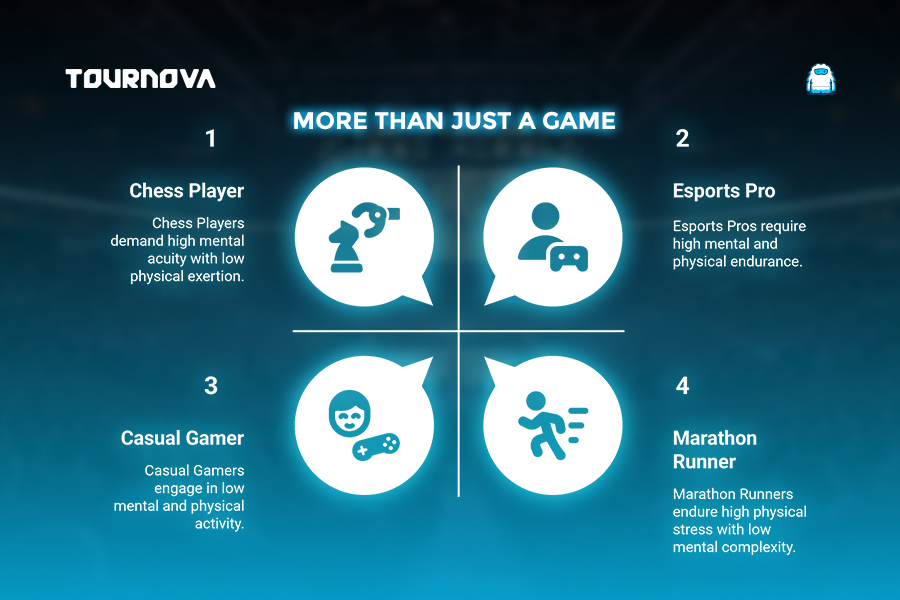
Turns out, the meaning of esports goes beyond just playing video games. The essence is the combo of intense mental focus, rapid physical control (hands, wrists, eyes), and extreme stress management. Esports science is now a serious field of study, measuring everything from reaction speed to sustained “cognitive endurance,” and pro gamers take their health much more seriously than old stereotypes suggest.
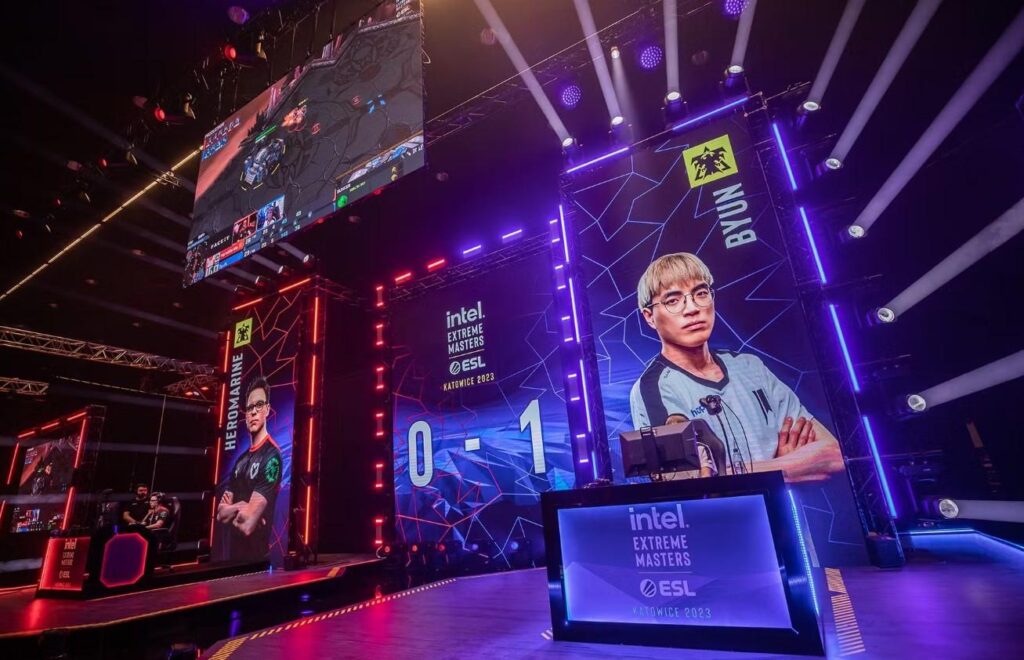
- It brings global competition to anyone with a console and a connection.
4. Community, Rivalry, and the Pulse of Fandom
Open any major esports stream during finals; chat is scrolling like a river, memes are flying, and even rivals unite to marvel at the plays. The biggest events, like the LoL Worlds, fill entire stadiums with fans dressed up, chanting team chants, and waving banners. Regional pride? Absolutely; Europe vs. Korea in LoL, NA vs. EU in Rocket League, India’s rise in BGMI, all fueled by fierce, global rivalry.
What’s always amazed me is how these digital spaces can be more welcoming for fans, breaking down borders and giving voice to every supporter, whether in Rio or rural Poland. Social media turns each championship into a worldwide block party; Instagram, Twitter, TikTok, Discord, you name it. The real magic isn’t just the game; it’s the stories, the upsets, the memes, and the feeling of belonging to something big.
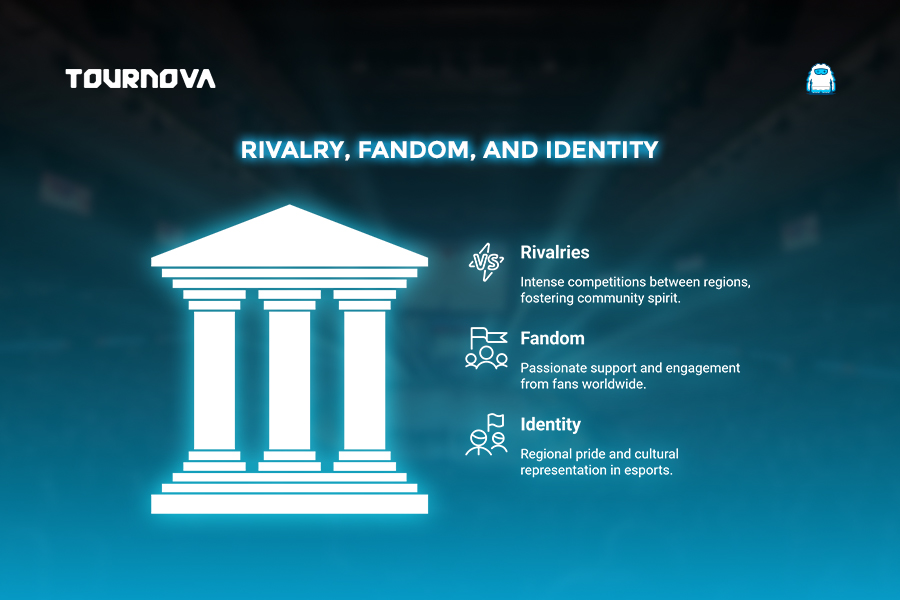
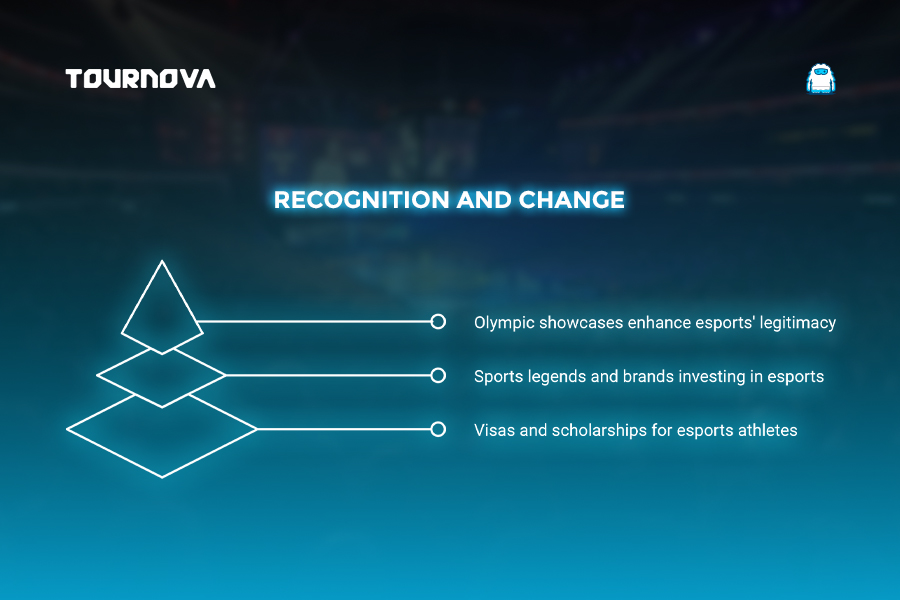
5. Recognition and Legitimacy: New Ground and Old Battles
Seeing esports tournaments at the Asian Games or Olympic exhibitions still feels surreal, but it’s happening! The growing meaning of esports in global sports culture is undeniable. Many governments now officially recognize esports, granting pro players athlete visas, university scholarships, and forming national federations. Some football and NBA teams invest in esports orgs or create their own squads.
Still, not everyone’s convinced. Stubborn stereotypes, generational gaps, and a resistance to accepting screens as a sports arena mean there’s pushback. But every year brings new milestones; like Riot Games’ partnership with the Olympics, esports in hundreds of colleges, and the million-dollar contracts for top talent. Legitimacy is being built brick by brick, and it’s spreading faster than anyone imagined a decade ago.
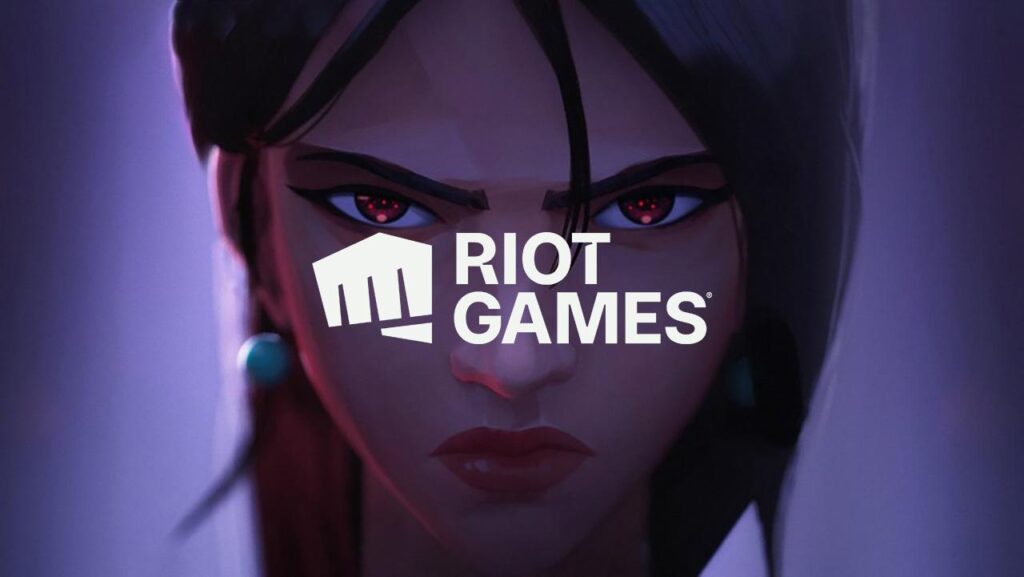
- Traditional training is replaced by hours of gameplay, analysis, and mental prep.
6. Redefining the Athlete: Who Gets to Compete?
Walk into a pro team bootcamp and you’ll meet all sorts: the Brazilian FPS prodigy, a Korean strategist, a Swedish tactician. There’s genuine diversity; no particular body type required. Instead, dedication, quick thinking, and, yes, a lot of training. Pros like Faker, s1mple, and Scout have redefined what a “sports icon” may look like: part strategist, part team player, all competitor.
Their days are as regimented and grueling as any star footballer’s: diet, exercise, practice blocks, VOD review, and team-building. I once asked an aspiring pro in Valorant how she kept up. She grinned, “I just try to get 1% better every day. And outwork the past version of me.” From field to screen, the hunger is the same.
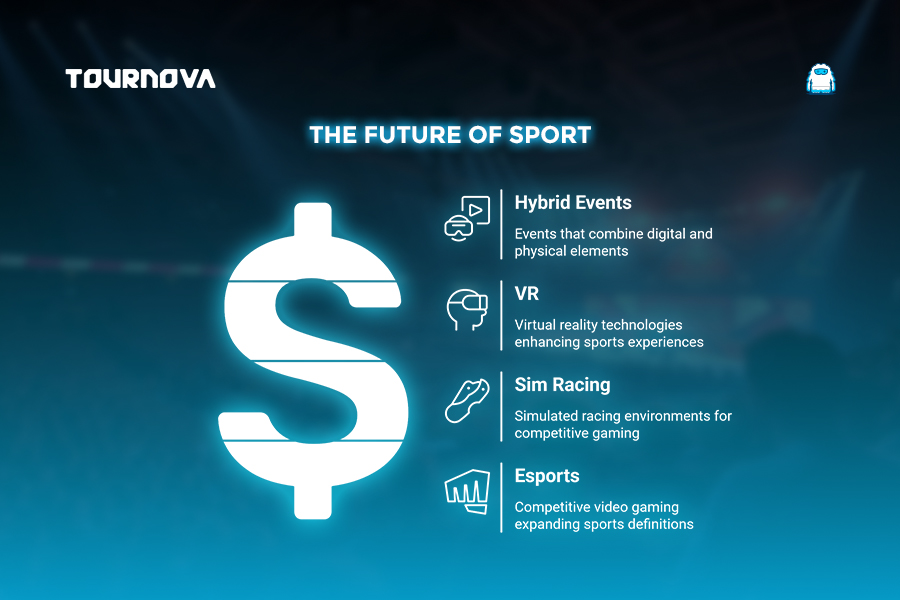
7. The Future: Where Esports and Sports Meet
As I write, ex-NBA stars buy into esports teams, while football pros appear on Twitch, and Formula 1 drivers clash in virtual sim racing right alongside the best gamers in the world. The meaning of esports is evolving as the walls between “physical” and “digital” are falling. New tech, VR tournaments, fitness gaming, and mixed-reality competitions are on the horizon, creating blitz hybrid events that challenge everything we thought about “real” sports.
The boundaries are only going to blur more. Future generations might cheer equally for a Valorant clutch and a World Cup goal, as sponsors, leagues, and even fans cross the divide. Tomorrow’s “sport” may look like a mash-up of field and screen, skill and pixels, unity and rivalry.
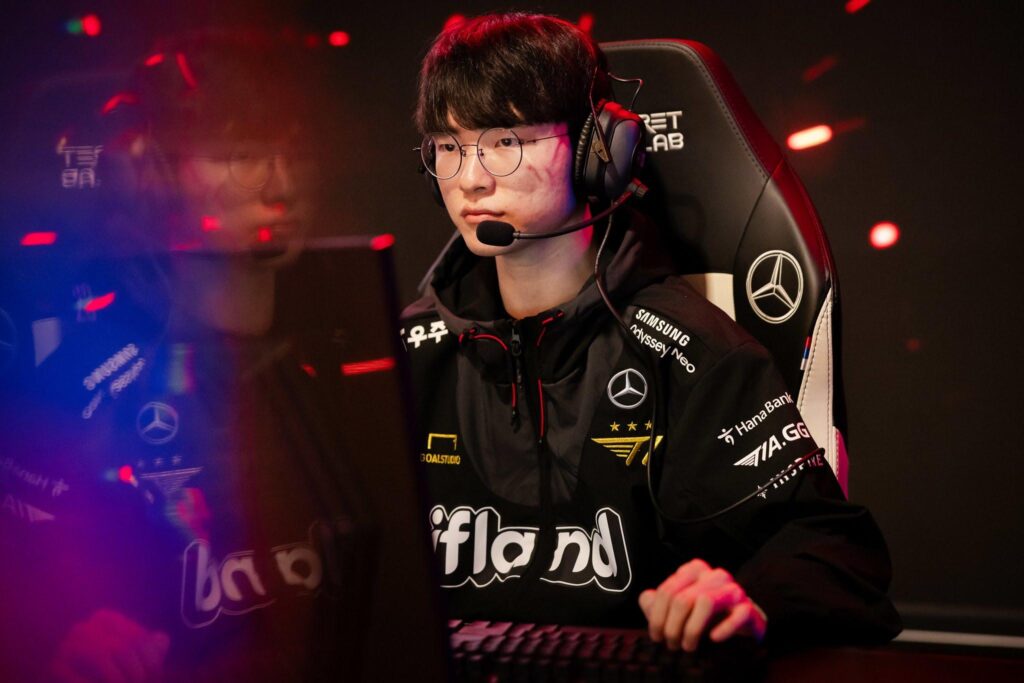
- Esports builds massive fanbases without stadiums or national teams.
From Digital Arenas to Global Recognition: How Tournova Embraces the New Definition of Sport
As esports carves out its place beside traditional sports, Tournova steps in as the bridge, making competition, fandom, and recognition accessible to anyone, anywhere. On platforms like Telegram and Discord, Tournova’s tournament tools allow communities to easily host events that echo the electric atmosphere and fair, organized play of the world’s biggest arenas. The process: player registration, bracket creation, and instant results; all happen in familiar chat environments, creating space for everything from grassroots matchups to rival-filled finals. It’s the infrastructure of “real sport,” streamlined for the digital age.
But legitimacy isn’t just about playing; it’s about rewarding commitment and skill. That’s where Tournova’s token economy comes in; by earning tokens through participation, high placements, and special challenges, players gain more than bragging rights. Tokens open doors to exclusive tournaments, digital collectibles, and community-driven auctions, mirroring the achievement structures celebrated in established sports. In short, Tournova makes it easy for anyone to experience the drive, recognition, and sense of belonging that define sports; proving that the boundaries between fields, screens, and champions are truly fading.
8. Afterword: Embracing a Broader Definition
Let’s be honest: esports isn’t replacing football, track and field, or the NBA. But it is expanding the meaning of sports, making space for new champions, new fans, and even new forms of skill and competition. When we let go of the old limits; field or screen, ball or keyboard; we make room for a bigger, more connected game. If you’ve never tried watching a live esports final, give it a shot. The intensity, the heart, the stories; they’re as electric as any sport you know. The meaning of esports is reshaping the meaning of sports itself, and we’re all invited to be a part of this new era.
Read the hottest in-depth Esports Guides on Tournova.
Unique FAQs
1. How do esports teams scout and recruit new talent differently from traditional sports?
Talent is often discovered through online ladders, streaming, and tournaments; scouts look for skill, communication, and poise under pressure, sometimes from a global pool, regardless of physical background.
2. What kinds of scholarships or support are available for aspiring pro gamers?
Hundreds of universities now offer scholarships, coaching staff, and even degree programs connected to esports; mirroring the support path of traditional collegiate athletics.
3. Has the rise of mobile gaming changed the landscape of esports as a sport?
Absolutely! Games like PUBG Mobile and Free Fire have made esports accessible to millions more, leveling the playing field and expanding global reach beyond traditional PC/console strongholds.
4. In what ways has esports inspired changes or innovation within traditional sports?
Traditional leagues borrow streaming tech, fan engagement tools, and event production ideas from esports; some even run their own virtual competitions alongside real-world matches.
